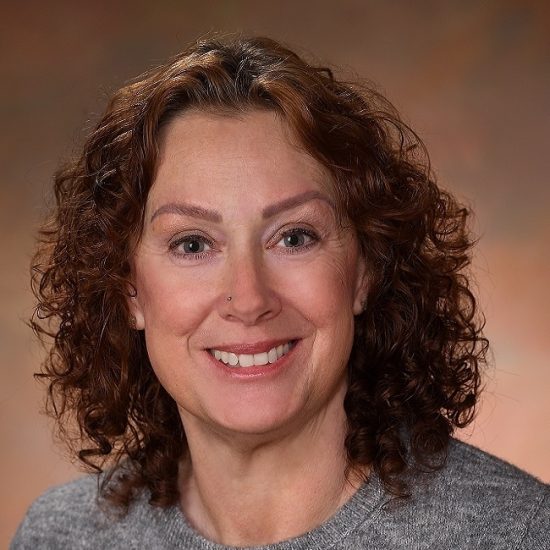Young Adult Program
Program Highlights
Caron's transformational program for young adults ages 16 to 20 is tailored to treat substance use disorder and deal with the unique psychosocial challenges they face.
Significant brain, emotional, and social development occurs during adolescence and young adulthood. Research has found that the human brain continues to mature into the early to mid-20s, particularly in areas related to impulse control, decision-making, and emotional regulation.
The Young Adult Program's experienced clinicians provide specialized therapeutic support that helps young adults build a sustainable recovery. With early intervention, they are more likely to have better outcomes in behavioral health, academic attainment, and employment stability.
Our comprehensive neurocognitive approach integrates advanced technologies targeting the brain alongside traditional, evidence-based therapy modalities, capitalizing on neuroplasticity to rewire the brain, optimize function, and advance the body’s natural healing ability—creating a foundation for self-regulation and resilience.
Treatment Program Details
Assessment/Intake
- Detox services, if needed, in a state-of-the-art medical center staffed by full-time, experienced medical professionals
- Thorough psychosocial assessment, including an evaluation of addiction and behavioral and mental health symptoms
- Personalized treatment plan
Treatment and Therapies
- Gender-specific treatment
- Individual counseling
- Therapist-led groups to address key issues that block recovery
- Evidence-based therapies
- Specialty groups for LGBTQIA+ young adults and concerns such as body image, interpersonal relationships, among others
- Neurotherapy services, as clinically indicated
Family Support
When families participate in drug and alcohol rehab, statistics show that patients have lower relapse rates. Caron support includes:
- A family program with education on substance use and mental health disorders, recovery programs, relapse, and guidance on healthy coping skills, effective boundaries, communication, and self-care
- Age-specific education and counseling for youth ages 7-17 through the Youth Education Program
- Services for families needing support and information about substance use before, during a loved one’s treatment, or after, from podcasts, videos, and an online course to events and support groups
Continuum of Care
- The Partial Hospitalization Program (PHP) to prepare for lives in recovery
- A personalized continuing care plan to sustain long-term recovery
- Alumni support activities
- Recovery services, including My Recovery Connection and support groups (Requires an additional cost)
- Breakthrough at Caron (Requires an additional cost)
- Caron's outpatient treatment centers and regional recovery center
Specialized Services
- A safe and affirming environment
- Pennsylvania clinicians certified as LGBTQIA+ affirmative and informed by the International Institute for Trauma and Addiction Professionals
- LGBTQIA+ groups
- Physical and massage therapy as clinically indicated
- Nutritional counseling with varying options depending on the program
- Delicious, healthy food with accommodations for religious guidelines, food allergies, addictions, or eating disorders
For Chronic Pain
- Education and pain management counseling
- Medication management
- Mobility accommodation
- Holistic therapies
- Specialized treatments
- Individual counseling, as clinically indicated
- Groups dedicated to spiritual topics
- Meditation
- Educational presentations
Max
Read Our BlogProgram staff are dedicated, empathetic, and experienced in treating young adults.
Take the next step:
Start with an online form
-
Caron in Pennsylvania
1-800-854-6023 -
Caron in Florida
1-800-221-6500 -
Breakthrough at Caron
1-800-213-7834


















